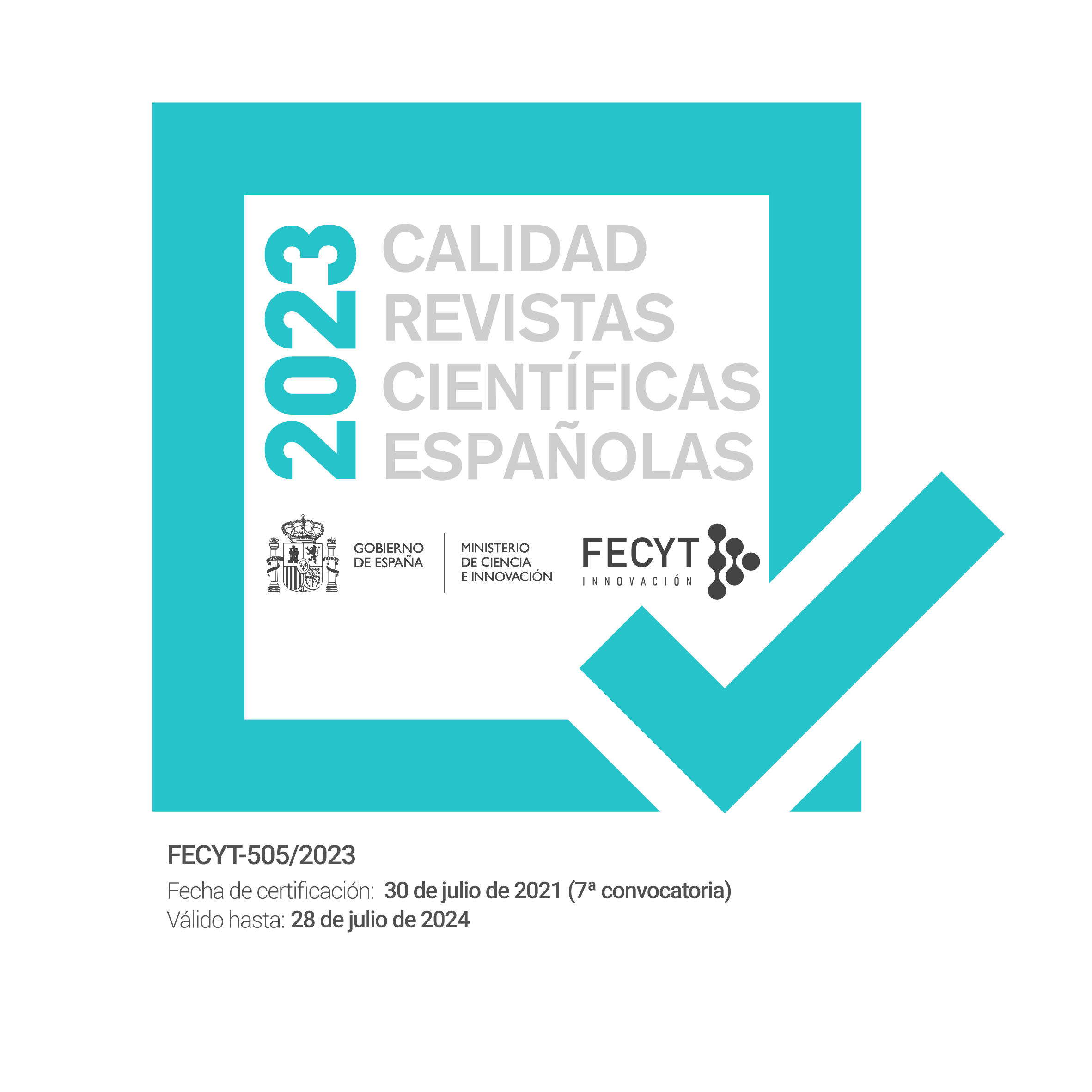Una revisión de la "teoría triple" de Parfit
Resumen
Revisiting Parfit’s ‘Triple Theory’
Resumen: En On What Matters, Derek Parfit trata, según nos dice él mismo, de solucionar lo que Sidgwick denominó “el dualismo de la razón práctica”. Según Sidgwick, el intuicionismo y el consecuencialismo son fácilmente compatibles dentro de un utilitarismo sensato, si bien no se pueden hacer compatibles con el egoísmo ético. Parfit, quien considera a Kant y al propio Sidgwick como sus dos influencias más importantes, cree que es posible encontrar una solución a través de lo que denomina The Triple Theory. Una vez rechazado el egoísmo ético, el intuicionismo objetivista puede hacerse compatible con el universalismo kantiano a través del consecuencialismo de Thomas Scanlon. La articulación y defensa de esta propuesta conforman los tres gruesos volúmenes de On What Matters. En este trabajo trataré de argumentar que, además de tener que enfrentar importantes problemas teóricos ya clásicos, el proyecto de unificación de las diferentes propuestas éticas puede dejar sin contestar importantes cuestiones prácticas que eran tratadas por las distintas teorías por separado.
Abstract: The main topic in On What Matters is, in Parfit’s own words, trying to solve what Henry Sidgwick called “the practical reason´s dualism”. Following Sidgwick, intuitionism and consequentialism are easily compatible related to a reasonable utilitarianism, but both became strongly incompatible with ethic egoism. Parfit, who considers Kant and Sidgwick as his most important influence, believes that it is possible to find a solution through what he calls “The Triple Theory”. Once rejected ethical egoism in his several forms, he thinks that objectivist intuitionism can be compatible with Kantian universalism through Thomas Scanlon consequentialism in his work What We Owe Each Other. The structure and defense of this thesis will make up most of the three volumes of On What Matters. In this essay I will try to argue that, in addition to having to face several classical criticisms, the aim of unifying different ethical theories can leave unanswered important practical questions that where dealt with by the different theories separately.
Palabras clave
Texto completo:
PDFReferencias
Dworkin, R. 2013, Justice for Hedgehogs, Cambridge: The Belknap Press.
Korsgaard, C. 1989, “Personal Identity and the Unity of Agency. A Kantian Response to Parfit”, Philosophy and Public Affairs, 18 (2): 101-32.
MacIntyre, A. 1981, Tras la virtud, Barcelona: Crítica.
Mackie, J. L. 1977, Inventing Right and Wrong, Londres: Penguin Books.
Moore, G. E. 1984, Principia Ethica, Cambridge: Cambridge University Press (publicación original de 1903).
Parfit, D. 1971, “Personal Identity”, The philosophical Review, 80 (1): 3-27.
Parfit, D. 1973, “Later Selves and Moral Principles”, en A. Montefiori (ed.), Philosophy and Personal Relations, Londres: Routledge and Kegan Paul.
Parfit, D. 1984, Reasons and Persons, Londres: Clarendon Press.
Parfit, D. 2011, On What Matters, Nueva York: Oxford University Press.
Peña, C. 2012, “Escalando la montaña: Derek Parfit”, Revista de Filosofía, 68: 189-99
Putnam, H. 1995, Pragmatism, Cambridge: Basil Blackwell.
Ricoeur, P. 1996, Sí Mismo como Otro, Madrid: Siglo XXI Editores.
Sidgwick, H. 1884, The Methods of Ethics, Londres: MacMillan and Company.
Scanlon, T. 1998, What We Owe Each Other, Cambridge: Harvard University Press.
Willliams, B. 1993, “Razones internas y Externas”, en La fortuna moral, México: UNAM.
Wittgenstein, L. 1958, The blue and brown books, Oxford: Blackwell.
Wittgenstein, L. 1953, Philosophical Investigations, Oxford: Blackwell.
Enlaces refback
- No hay ningún enlace refback.


Esta obra está bajo una licencia de Creative Commons Reconocimiento-NoComercial-SinObraDerivada 4.0 Internacional.

